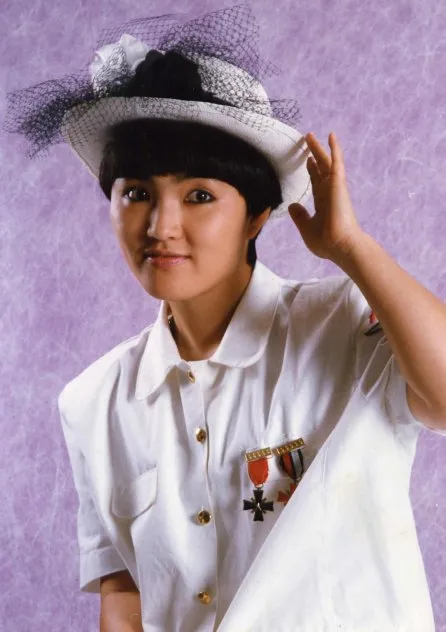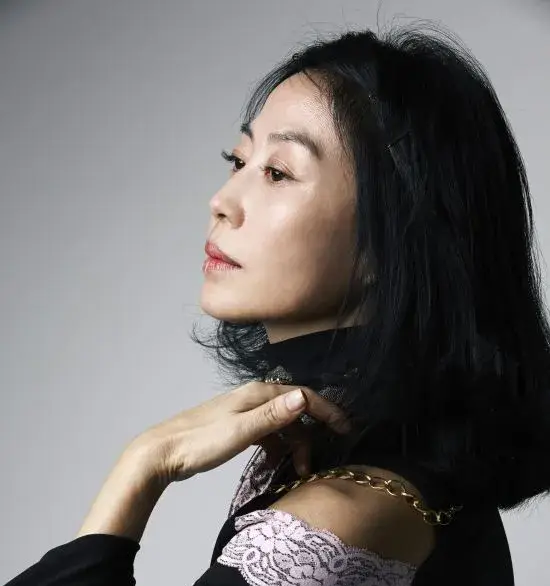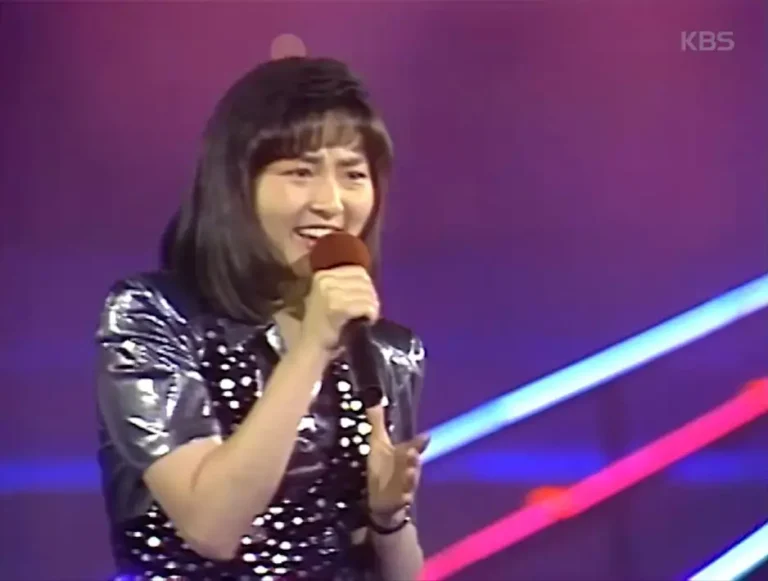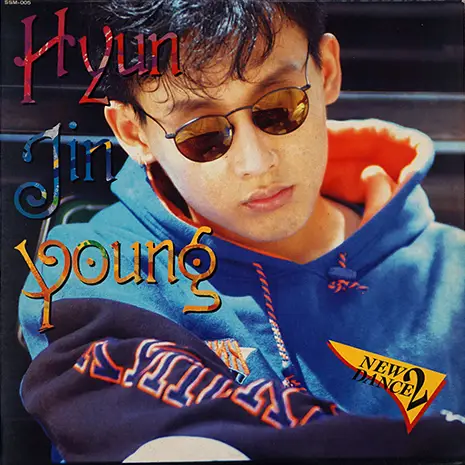
Jang Deok (July 20, 1962 – February 4, 1990) was a pioneering South Korean singer-songwriter, composer, and producer, whose tragically short life and prolific career left an indelible mark on Korean pop music. Revered as the “Genius Girl” of Korean popular music, Jang Deok is remembered not only for her own hit songs but also for the many compositions she wrote for other artists. Her music, characterized by its emotional depth, lyrical sophistication, and melodic beauty, resonated with a generation and helped shape the sound of Korean pop in the 1980s.
Jang Deok debuted in 1975 with the song “Little Doll,” but it was as part of the sibling duo “Hyun and Deok” (현이와 덕이) with her older brother Jang Hyun that she first gained national attention. The duo’s harmonious vocals and wholesome image drew comparisons to the American group The Carpenters, and they quickly became beloved figures in Korean music. Their songs, often featuring Jang Deok’s compositions, were marked by catchy melodies and heartfelt lyrics, capturing the spirit of youth and innocence that was rare in the Korean music scene at the time.
As the 1970s drew to a close, Jang Deok began to establish herself as a solo artist. She was unusual for her era: a young woman who wrote and produced her own music, a rarity in a male-dominated industry. Her solo debut allowed her to explore a wider range of musical styles, from upbeat pop to introspective ballads. Songs like “I Like You, I Like You, I Like You” (너 나 좋아해) became instant hits, and Jang Deok’s reputation as a gifted songwriter grew.
In the early 1980s, Jang Deok took a hiatus from the Korean music scene to study music in the United States. She attended Del Monte College and later Tennessee State University, where she focused on music composition. During this period, she immersed herself in American pop, country, and gospel music, which would later influence her own work. She also became involved with the Nashville songwriting community, joining BMI and honing her craft as a composer. While in the U.S., Jang Deok worked as an MC for a Korean Christian radio station, but otherwise kept a low profile, dedicating herself to her studies.
Upon returning to Korea, Jang Deok re-emerged as a leading figure in the music industry. She reunited with her brother for a series of successful performances, and in 1985, the duo released a new album to celebrate their reunion. The song “I Like You, I Like You, I Like You” became a massive hit, re-establishing Jang Deok as a major force in Korean pop. Shortly thereafter, she launched her solo career in earnest, releasing a string of hit singles that showcased her growth as an artist.
Jang Deok’s songwriting was not limited to her own performances. She became one of the most sought-after composers and producers in Korea, writing hits for other artists such as Lee Eun-ha, Lee Sun-hee, and Yang Ha-yeon. One of her most famous compositions, “The Way You Smiled at Me When You Sent Me Off” (미소를 띄우며 나를 보낸 그 모습처럼), became a signature song for Lee Eun-ha and remains a classic of Korean ballad music. Jang Deok’s ability to craft songs that combined emotional depth with universal appeal made her a true hitmaker, and her influence extended far beyond her own recordings.
Throughout the late 1980s, Jang Deok continued to release solo albums and perform on television. Her 1987 album “This Wasn’t It” (이런게 아니었는데) included the hit song “I Thought It Was a Breakup” (이별인 줄 알았어요), which climbed the charts and earned her critical acclaim. In September 1987, Jang Deok represented Korea at the 3rd ABU (Asia-Pacific Broadcasting Union) Song Festival in Malaysia, performing “I Will Wait for You” (너를 기다릴거야), a song that would later appear on her 1989 album “For the Appointed Time” (예정된 시간을 위해).
Jang Deok’s fifth album, “Hey Hey” (얘얘), released in 1988, featured the title track “Hey Hey,” which became known for its cute choreography and upbeat energy. The song’s success demonstrated Jang Deok’s versatility and her ability to connect with audiences of all ages. During this period, she also worked as a music director for films and appeared as an actress, further expanding her creative horizons.
Despite her professional success, Jang Deok’s personal life was marked by struggles with depression and loneliness. Her brother Jang Hyun, who had been her closest collaborator and supporter, gave up his own singing career to manage and care for her. The pressures of fame, combined with the demands of her work, took a toll on Jang Deok’s health and well-being.
Tragically, Jang Deok’s life was cut short at the age of 28. In January 1990, she appeared bright and cheerful on the popular music program “Saturday Saturday Fun,” but just a few weeks later, on February 4, she was found unconscious in her Seoul apartment after taking an overdose of sleeping pills. She was rushed to the hospital but could not be revived. Her death was attributed to the side effects of an accidental overdose, reportedly triggered by overwork and illness. The news of her passing shocked the Korean music industry and her many fans, who mourned the loss of one of the country’s most talented and beloved artists.
Jang Deok’s legacy is one of brilliance, innovation, and profound sadness. She was a trailblazer for women in Korean music, demonstrating that it was possible to succeed as a singer, songwriter, and producer in a male-dominated field. Her songs, both those she performed and those she wrote for others, continue to be celebrated for their emotional honesty and melodic beauty. Her influence can be heard in the work of countless Korean artists who followed in her footsteps, and her story serves as a reminder of the pressures and challenges faced by those who create the music we love.
In the years since her death, Jang Deok has been honored with tribute concerts, reissues of her albums, and documentaries about her life and career. Her brother Jang Hyun has dedicated himself to preserving her memory and ensuring that her music remains accessible to new generations of listeners. On the 35th anniversary of her death in 2025, fans and fellow musicians reflected on her enduring impact and the timeless quality of her work.
Jang Deok’s music is a testament to the power of art to express the deepest emotions and to connect people across time and space. Her songs, whether joyful or melancholy, continue to resonate with listeners, offering comfort, inspiration, and a sense of shared humanity. Though her life was brief, Jang Deok’s contribution to Korean pop music is immeasurable, and her spirit lives on in the melodies and lyrics that have become a cherished part of Korea’s cultural heritage.



